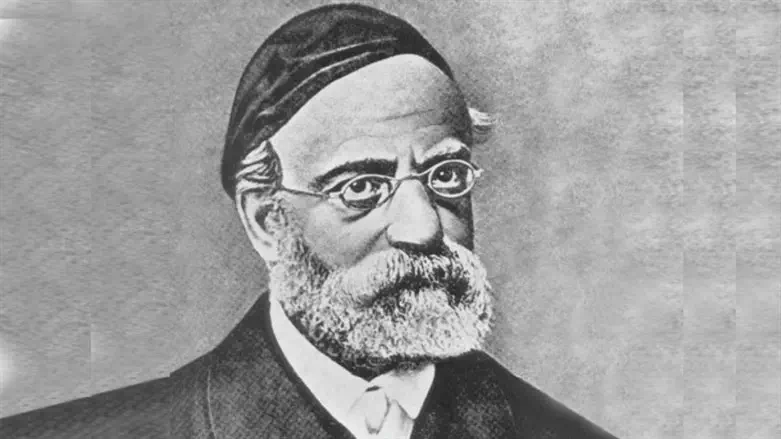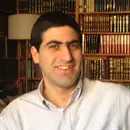
“And you shall rejoice [on Sukkos],” the Torah commands us.
Writes Rav Samson Raphael Hirsch: “Not troubled and careworn, not sad and gloomy, not mitzta’er is the life which [you should] lead in the tabernacle built by the trust in G-d and covered by the love of G-d.”
In fact, G-d has “destined you for joy, for pure, human, unalloyed joy. … He has ‘created the earth lo tohu barah lasheves yetzarah, not to be a waste,’ a vale of tears and sighing, but to be a joyful and gladsome dwelling-place for joyful and gladsome beings, where each one can be glad that he is alive and enjoy his activities,”
This quote reminds me of the instructions a TV producer gave a script writer in television’s golden age: “We want happy stories about happy people with happy problems.”
Being religious doesn’t mean being dour. Serious? Yes. Life isn’t a joke. But G-d wants us to be happy – indeed, commands us to be happy.
Only a life properly lived, though, brings joy. Only a life dedicated to Him begets happiness. As Rav Hirsch writes, “Sukkos comes only after Rosh Hashanah and Yom Kippur” (on which we abandon our sinful ways). But when it comes, it lasts a full week. For “Rosh Hashanah is only a beginning, Yom Kippur is the mediator, but Sukkos is the fruition of life.”
Other religions may perhaps tell their adherents that the “destiny of earthly life is pain, misery, sorrow, and distress” and that they therefore should “yearn for the next world.” Judaism does not.
Rav Samson Raphael Hirsch (1808-1888) – head of the Jewish community in Frankfurt, Germany for over 35 years – was a prolific writer whose ideas, passion, and brilliance helped save German Jewry from the onslaught of modernity.
Elliot Resnick, PhD, is the host of “The Elliot Resnick Show” and the editor of an upcoming work on etymological explanations in Rav Samson Raphael Hirsch’s commentary on Chumash.
